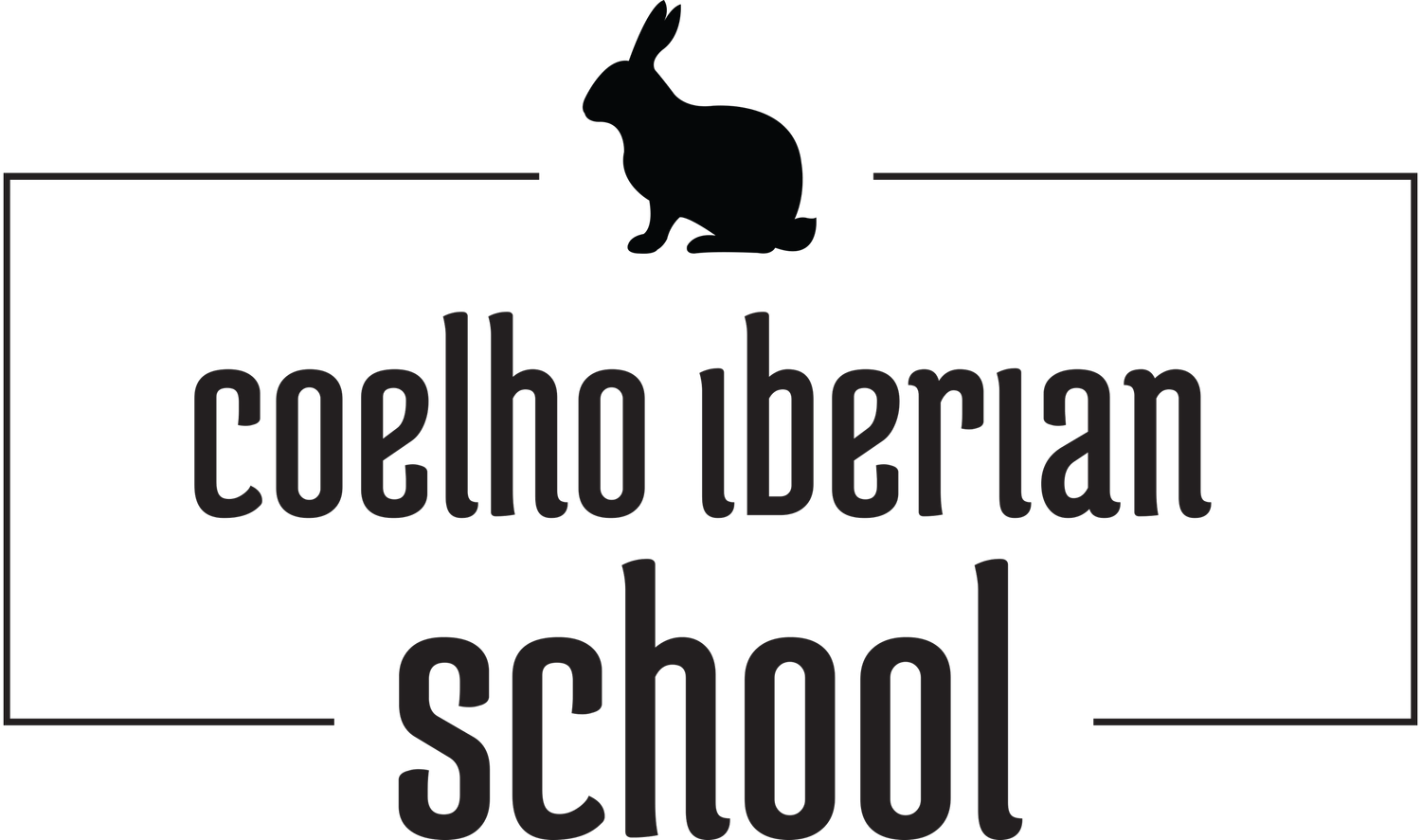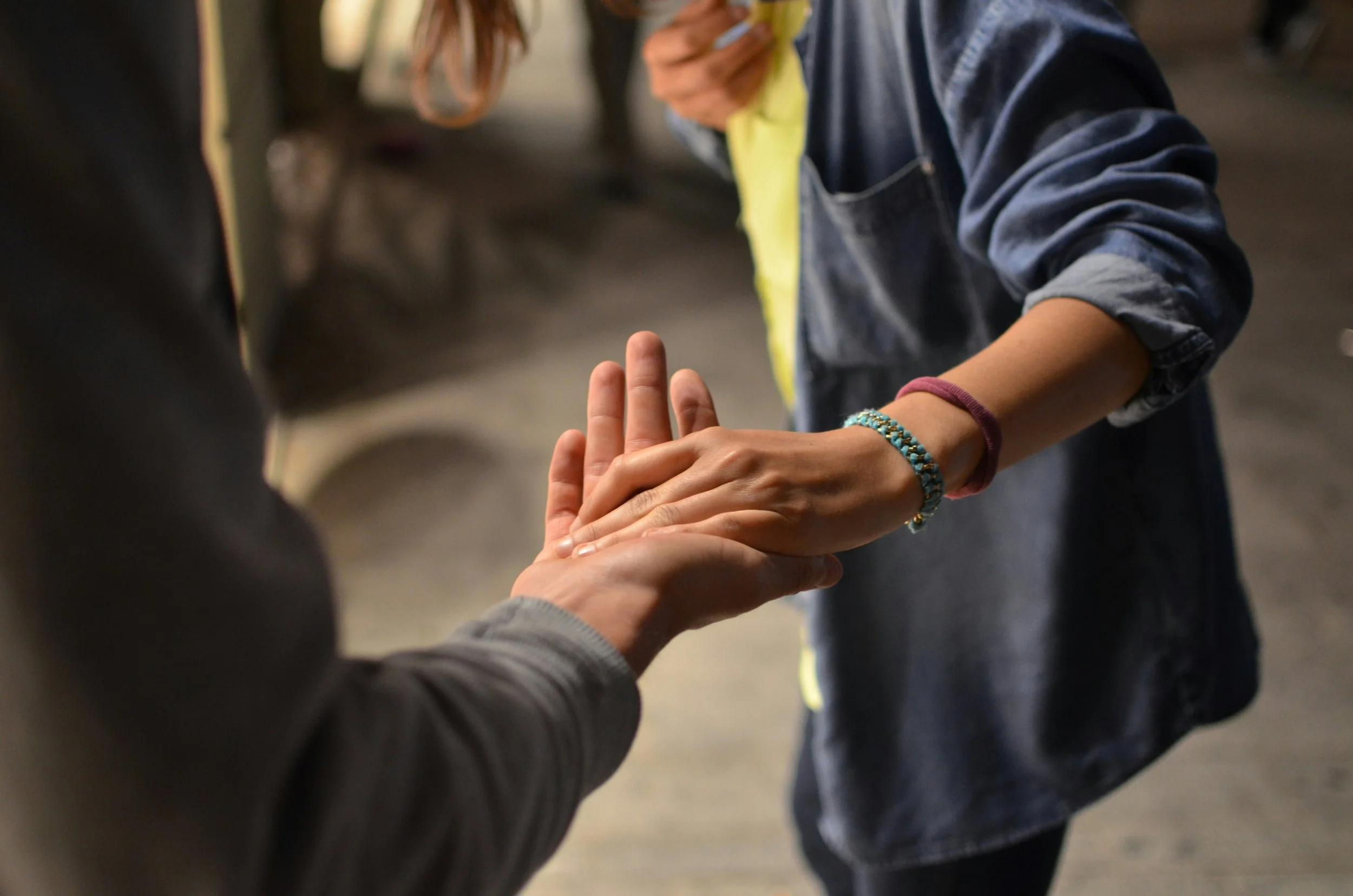HELLOS AND OTHER GREETINGS IN PORTUGUESE
Hi, hello, good morning in Portuguese
The most basic and widely used way of greeting someone in Portugal is Olá! which means Hi! It can be used in formal and informal situations.
And to say goodbye you can use Xau! (Bye!) with family and friends, or in more formal situations Adeus! (Goodbye!).
It’s also very popular to use other ways of saying hello depending on the time of the day:
Morning - Bom dia (Good morning)
Afternoon - Boa tarde (Good afternoon)
Evening / Night - Boa noite (Good evening)
Hours in which you can use the above greetings are not set in the stone, but in general Bom dia is used before 12, Boa tarde after 12 and Boa noite after sunset.
But there’s also another way of using them. It can be determined according to meal times, which are very important part of the day for everyone living in Portugal. Lunch break in Portuguese schedule is somewhere between 12:30 until 14:30 and dinner between 20:00 until 22:00. So Bom dia can be used until lunch, after lunch you can use Boa tarde until dinner, and after dinner Boa noite.
Keep it mind that these are also hours when typical Portuguese restaurants are opened, while public institutions are closed.
I’ve heard a story about a woman who worked in a corporation in Portugal. She had some business meetings in the morning and returned to the office after the lunch break straight into another meeting. Since she hadn’t had lunch yet, she told her manager she couldn’t attend the meeting, because she needed to take her lunch break. The manager said nothing and had returned to the meeting, because lunch break is an argument that no one has any problem with.
Ok, back to the topic.
Bom dia, Boa tarde and Boa noite are used to greet, but also to say goodbye, as in Have a good day / afternoon / night.
Just one last thing about Good morning. You can also hear Olá, bom dia!, which is very positive way of greeting someone.
Farewells and goodbyes in portuguese
So, you already know how to say basic goodbyes. Xau for Bye, which you pronounce similar to Italian Ciao, but in Portugal is used only for farewell, unlike in Italy where it’s used to say hi and bye.
And then we have Adeus, which is used basically for anyone, family, friends and other formal situations. This word comes actually from two other words A and Deus, which could be translated into to God or may God be with you.
Other most common goodbyes:
Até ja (see you soon) - literally soon, meaning 5 minutes, 2 hours or after lunch, in spoken Portuguese language words that start with a are omitted, so this is pronounced
Até logo (see you later) - meaning later in the day, in a few hours
Até amanha (see you tomorrow) - meaning you’re going to see this person the next day
Tenha um bom dia (have a good day) - formal way to wish someone a good day
Tem um bom dia (have a good day) - wishing your family and friends a good day
Beijo / beijinho (kiss)
Abraço (hug)
Farewells used less often:
Até breve (see you soon) - when you say goodbye to someone, that you don’t know when you’re going to see, but you wish to see them sometime soon again. Let’s say it’s like you have to say goodbye to your family or friends that you see once every now and then.
Continuação (continuation) - that is a word that might seem to be out of context, but it’s just a Portuguese way of using the abbreviation of continue to have a good day.
How to say how are you? in Portuguese
In Portugal How are you? is an extended greeting, just like in English. No one wants to know about your problems, sorry. So below, you can find a few ways of how to be polite to people in Portuguese:
Como está? (How are you?) - formal way of saying it, but also used among family and friends
Como estás? (How are you?) - informal settings and used only for people you have relationship with
Tudo bem? (Everything well?)
Tudo bom? (Everything good?)
We Portuguese love to shorten any sentences possible, so in the informal environment like family, friends or neighbours can be used Tudo?, to which you answer Tudo. At least one easier thing to learn in Portuguese.
Então? (So?) - one word of explanation. Yes, in Portugal, they do greet people by asking So?, which is shortened So, how are you? It can be used instead of Olá in informal situations and then it’s considered just a simple Hi!, but it can be also used as an honest question and invitation to conversation.
Other questions that someone asks when they want to ask in casual way How have you been? :
Que tal? (What’s up?)
Como é que é? (How’s it going?)
Examples of conversations:
- Bom dia! (Good morning!)
- Bom dia, como está? (Good morning, how are you?)
- Bem, obrigado! (Good, thank you!)
- Então! (Hi!)
- Olá! Tudo? (Hi! Everything ok?)
- Tudo! (Everything ok!)
Now you can say Good morning like a real Portuguese. And if you want to practice Portuguese and have classes 1:1 with Native Speaker, sign up here for your free class. Or check our upcoming courses here.
Dictionary:
Olá - Hi
Xau - Bye
Adeus - Goodbye
Bom dia - Good morning
Boa tarde - Good afternoon
Boa noite - Good evening
Olá, bom dia - Hello, good morning
Até ja - See you soon
Até logo - See you later
Até amanha - See you tomorrow
Tenha um bom dia - Have a good day
Tem um bom dia - Have a good day
Beijo / beijinho - Kiss
Abraço - Hug
Até breve - See you soon
Continuação - Continuation
Como está? - How are you? (formal)
Como estás? - How are you? (informal)
Tudo bem? - Everything well?
Tudo bom? - Everything good?
Então? - So (how are you)?
Que tal? - What’s up?
Como é que é? - How is it going?

